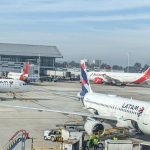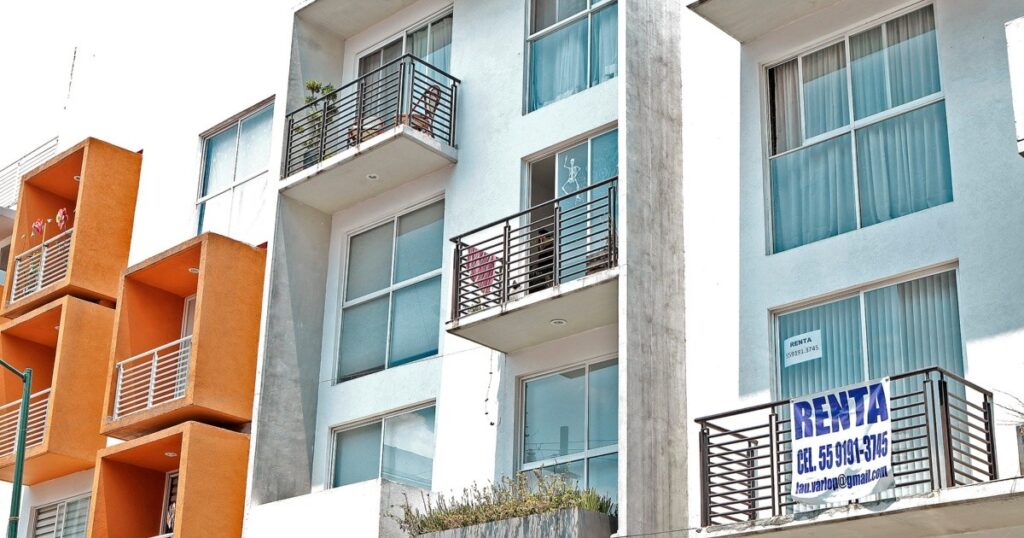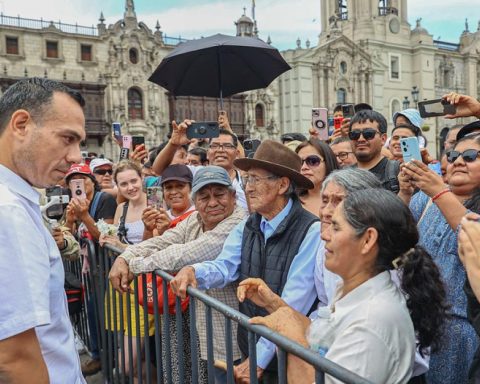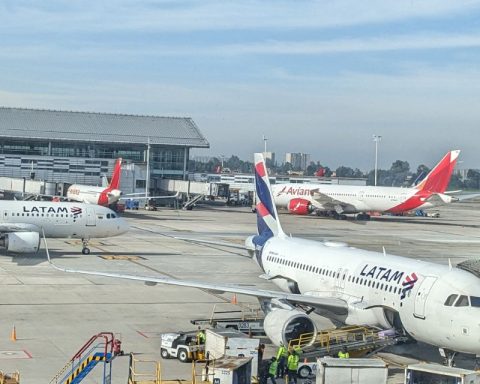The president of the United States, Joe Biden, is considering the possibility of applying the mandate given by the Renacer Lawto remove Nicaragua from the Free Trade Agreement between Central America, the Dominican Republic and the United States (DR-Cafta, in force since 2006) or, failing that, suspend the sugar quota, and assign it to another country.
In August 2021, the US Senate approved the Law to Strengthen Nicaragua’s Adherence to the Conditions for Electoral Reform (Renacer), with the support of both parties. Then on November 3, Congress approved the Lawwhich was signed by President Biden a week later.
In a statement issued at the time by the White House, it was detailed that the Renacer Law “imposes sanctions on the government of Nicaraguan President Daniel Ortega” and will serve “to restrict multilateral bank loans and attack the corruption of the regime”.
Until now, the experts consulted by CONFIDENTIAL They have highlighted how difficult it is to expel Nicaragua from Cafta -or to any other country- because it is a multilateral agreement, for which it is required that the parties agree,
In the same way, it is considered that it is not possible to restrict the sugar quota assigned to Nicaragua (22,000 tons in 2006, which was automatically increased by 440 tons for the following 15 years, until reaching 28,160 tons in 2020), because the agreement is about “all or nothing”, they explained.
“First of all, I don’t think the quota will be eliminated; that would take several years,” said a Nicaraguan sugar industry executive, who agreed to share his knowledge of the sector, on condition of anonymity.
Nicaragua exported almost 300 million dollars in sugar between 2020 and 2021, a figure that could increase slightly, if the forecasts of the Center for Export Procedures (Cetrex) are met, which foresee in 2022, an increase of two cents per kilo. exported.
An expert economist in the operation of this type of multilateral treaties, explained that he does not believe that the United States will take the step to expel Nicaragua from that agreement, or that it will limit or reallocate the sugar quota. “I tend to doubt it, but anything is possible,” he conceded.
Based on the laws in force, and knowing how the American political class operates, this source admits that President Biden “can do whatever he wants, under the cover of the national security of his country”, recalling that “Congress has empowered the president to act flexibly for reasons of national security.
Entrepreneurs must act
Given that laws such as Renacer (and before that, Magnitsky and the NICA Act), are designed to punish individuals individually, or in any case, cause the least possible damage to Nicaraguan citizens, the experts consulted by CONFIDENTIAL They consider that the message is, first of all, for the Nicaraguan political class and businessmen.
Political analyst Eliseo Núñez believes that “the message is, basically, that the United States will close all negotiations with Nicaragua, and that there will be no safeguard, nor anything that can protect the bilateral trade relationship, which will only deteriorate.”
“The business sector has to understand that it will be increasingly costly to do business within Nicaragua, so the decisions will be marked by this. It is very likely that this decision will not come alone, but with several other decisions that will be applied gradually, “he added.
A business source expressed that “the effects are not only for Carlos Pellas. The mills are owned by various shareholders: San Antonio has more than 1,000 shareholders, Monte Rosa belongs to the Pantaleón Group of Guatemala, Casur belongs to the Mayagüez Group of Colombia, Montelimar is owned by Ernesto Fernández Hollman and René Morales Carazo, among others,” he explained.
Industry data indicate that the sugar industry generates 35,000 direct jobs, and represents 4% of GDP. The mills buy 40% of the cane they process from more than 800 private producers. In addition, if the entire guild is affected, the production of electricity that is generated with biomass, that is, with the bagasse of the cane, is also limited.
The economist quoted above said that “I understand that the consensus was that the sanctions should be rather selective and not general. In fact, key investment sectors such as telecommunications, mining and energy are already sanctioned, in addition to sending messages to the Army and its retirement fund”.
If this is a message for the dictatorship, Núñez assures that, “as time passes, Ortega continues to believe that he will be able to adapt, but there will come a time when there will be a breaking point, where he will lose that capacity. At that point, the economy will start to languish and those who are going to suffer first will be the poorest, and until later, the dictatorship.”

















